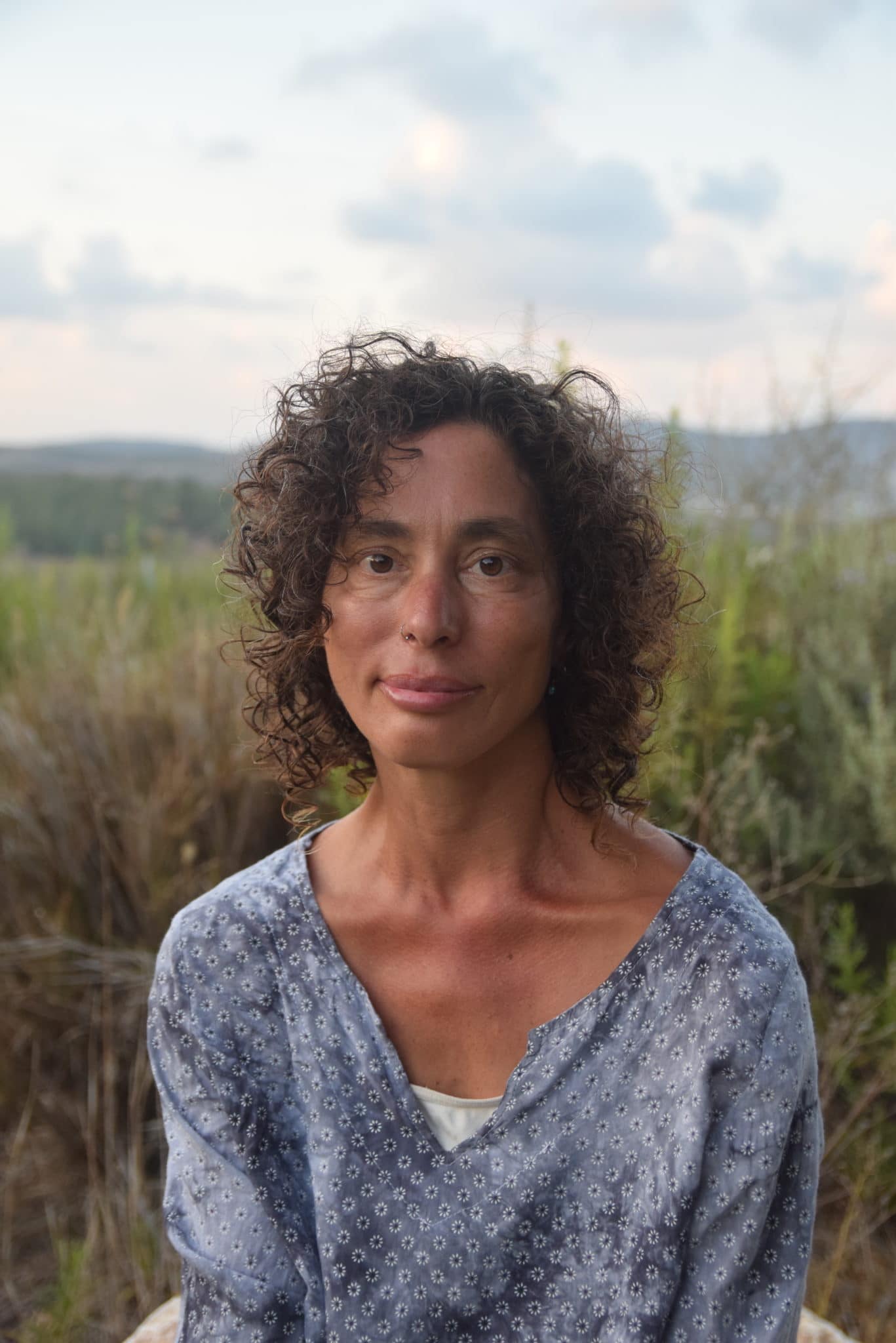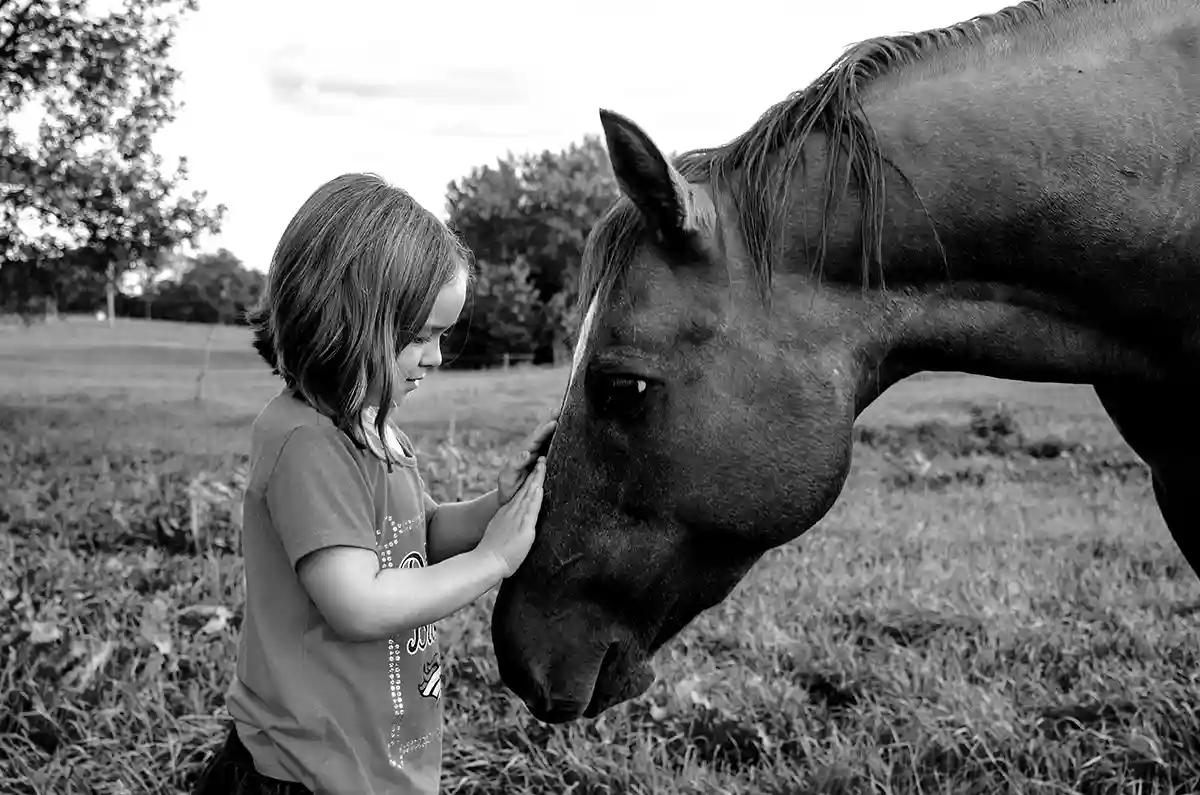By Haviva Ner-David
I am the officiating rabbi at a ceremony at the ritual immersion pool that I founded and where I officiate ceremony and run workshops: Shmaya: A Mikveh for Mind, Body and Soul. Today I am officiating a conversion of a baby, long-awaited and born to a surrogate non-Jewish mother. The parents want their child to be a link in the chain of passing on Jewish tradition to future generations.
“Is there really water in there?” the father asks, pointing to the immersion pool.
I look inside the immersion pool. There is no water in the mikveh!
“Stop right there.”
I open my eyes and look at my computer screen into the wise and kindly face of Judith (Jude) Schafman, my dreamwork teacher. She lives in Upstate New York, while I live in northern Israel. I met her when she was teaching a seminar at the One Spirit Interfaith-Interspiritual Seminary in New York City, where I was a distance learner in their Inter-Spiritual Counseling (ISC) program. One year earlier, I had been ordained at One Spirit as an interfaith-interspiritual minister, after having been the first woman to publicly receive Orthodox rabbinic ordination only ten years earlier.
And still, I am seeking.
“Okay,” Jude says. “That’s a powerful dream. Are you ready to work it?”
Through a window behind Jude, I see a buttercup sun rising, while behind me, I know she is seeing a flaming sun setting. I think of the biblical Jacob drifting off to sleep after sunset, dreaming of angels, and then waking and exclaiming, “Surely God is in this place, and I did not know it. How awesome is this place! This is none other than the house of God, a portal to the divine.”
“Yes,” I say. I am ready to enter the portal.
“I am the water,” I repeat. According to Jude’s Gestalt-based approach to dreamwork, each element of the dream is another aspect of the dreamer’s unconscious, while the dreamer’s character in the dream is usually the ego, the least wise of all the elements in the dream.
“Stay with the dream,” Jude continues. “But now I want you to move outside the role of the dreamer and become the water. Say, ‘I am the water.’”
“I am the water,” I repeat. According to Jude’s Gestalt-based approach to dreamwork, each element of the dream is another aspect of the dreamer’s unconscious, while the dreamer’s character in the dream is usually the ego, the least wise of all the elements in the dream.
To understand the dream’s message, or meaning, the dreamer must speak from the dream elements (for example: a character in the dream other than the “dreamer,” an animal, an inanimate object, a natural element), or sometimes even from a feeling in the dream, the weather or a word or phrase someone says. Every element in our dreams is a piece of our unconscious.
“Now describe yourself to me, water,” I hear Jude say.
I become water. “I am flowing,” I say. “I am clear. I am free.”
“And why did you leave the mikveh?” Jude asks.
I know the answer, feel it. “I did not want to be there. I did not want to be confined in that vessel. I did not want to be used in that way.”
I hear the excitement in Jude’s voice. She knows we are on to something big. “So where have you gone?” she asks me.
This feels like a question I have been wanting to know the answer to for quite some time.
“I have gone back to my source,” I hear myself say.
“And where is that?” Jude probes. “Where are you?”
“I am everywhere. Permeating everything,” I answer.
Jude takes a moment, letting me be in that state of ubiquity that is the Source. “How does it feel to be back at your source?”
For a moment, I am afraid. I can’t find myself. But then the fear turns into calm. I am not lost, just everywhere and nowhere at the same time. “It doesn’t feel good, or bad. It just is.”
“Great. It just is. Can you stay with that feeling for a few moments?”
“Yes,” I say, and I sit with what is. I AM WHAT I AM. I WILL BE WHAT I WILL BE. I sit with THAT.
And then I feel a sudden nudge forward. I cannot stay there any longer.
“I am coming back,” I say. I feel it urgently, this push, this need to return. “But I won’t fit into the mikveh this way.”
“No, you won’t. You have been back to the Source. Now return to your dreamer role. What is the dreamer seeing?”
And then I am back in the story of the dream.
I convince the family to come back later, after I refill the mikveh. But when we come back to the mikveh building, water is pouring out of the windows, the door. It’s flowing down the path, overflowing, flooding its surroundings. People are being lifted and carried away.
“Are they drowning? Are they alarmed?” Jude asks.
“I don’t think so.”
“I want you to be one of those people.”
“I am the baby who came to be converted,” I say, knowing that this baby is part of my unconscious. “But now I am being uplifted in a different way. People thought they were making me Jewish, but it seems that is not what is happening here. Something more expansive is happening.”
“How does it feel?” I hear Jude ask me.
“I don’t know where I am going. But I feel fine to be in that place of not knowing. I feel buoyed. I feel safe. I am floating, not drowning.”
“Can you stay with that feeling of floating with destination unknown, without anxiety or fear?
“I think I can,” I say, and I let myself float to wherever the water wants to take me. When an unsettled feeling starts to creep up on me, I push it away.
I hear Jude’s voice again. “And now I want you to be the water again. “Water, why did you come back?”
I take a deep breath. “I couldn’t stay at my source. I needed to come back, to do what I was meant to do here, but not confined to the mikveh. I couldn’t make myself fit into that container anymore. I am so much larger than that. So much more free-flowing. I need more room.”
Working this dream with Jude helped me realize that my soul was asking for more freedom than I had been allowing it. I had left Orthodox Judaism, expanding to a religious outlook that includes not only all Jewish denominations, but also includes all faiths. Yet, I had not allowed myself the room in my own religious practice to experiment with letting go of a variety of religious restrictions that I felt were inhibiting my spiritual expression and exploration. Hearing myself say to myself, “I need more room” was such a powerful experience, I carried this image with me (and still do, to this day), reminding myself of my soul’s need for expansion and freedom. And I was so moved by this work, I began two years of training with Jude to not only become a dreamworker myself, but to embark on a transformative journey which I explore in my new memoir, Dreaming Against the Current: A Rabbi’s Soul Journey.
Dreamwork is one of the most useful and profound modalities I use in my spiritual companioning practice. When we dream, we let go of defense mechanisms and inhibitions that prevent us from connecting to aspects of ourselves. Each time I work a dream with a client, I help them open a door to their inner world, which is full of images and voices sending them messages from a deeper and higher place.

Haviva Ner-David is a writer and post-denominational interspiritual rabbi. In addition to her rabbinic ordination, she was ordained and certified as a spiritual companion at the One Spirit Interfaith-Interspiritual Seminary in New York. Haviva is the founding rabbi of Shmaya: A Mikveh for Mind, Body and Soul, where she officiates full body water immersion ceremonies, facilitates workshops, and helps clients prepare personalized immersion rituals. She also has a spiritual companionship practice for both individuals and couples, with a specialty in dreamwork. Haviva is the author of several spiritual journey memoirs, including her latest title, Dreaming Against the Current – A Rabbi’s Soul Journey. She’s also written a novel, Hope Valley. Haviva lives in northern Israel, with her life partner, Jacob, and their seven children (six biological and one adopted), dog and cat. She also lives with FSHD, a degenerative genetic muscular disease that has been one her greatest teachers.





1 comentario en “Speaking the Elements of a Dream – Spiritual Companionship & Dreamwork”
A mesmerising memoir! Highly recommended!